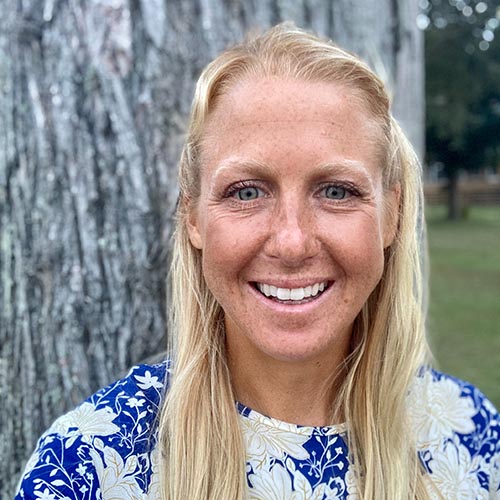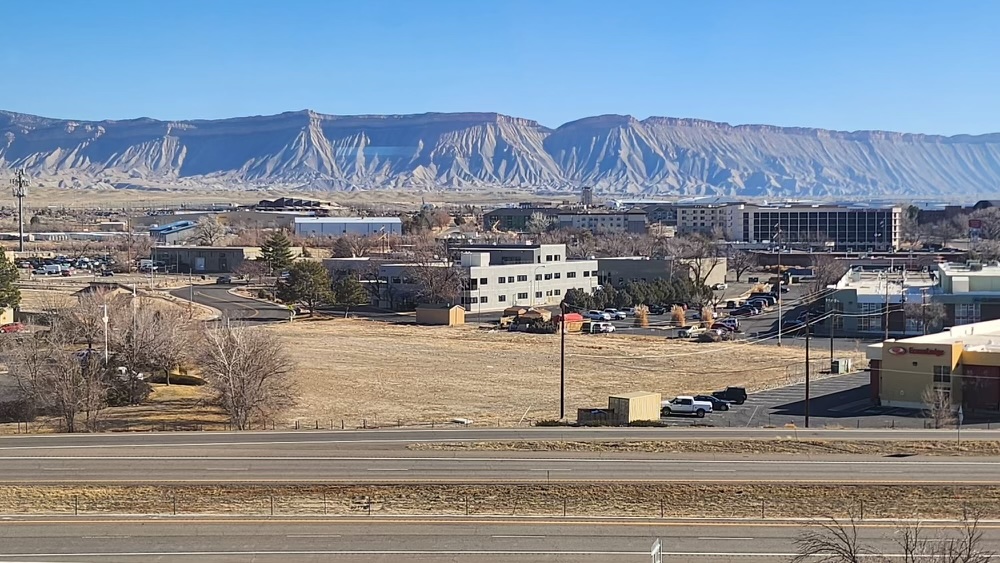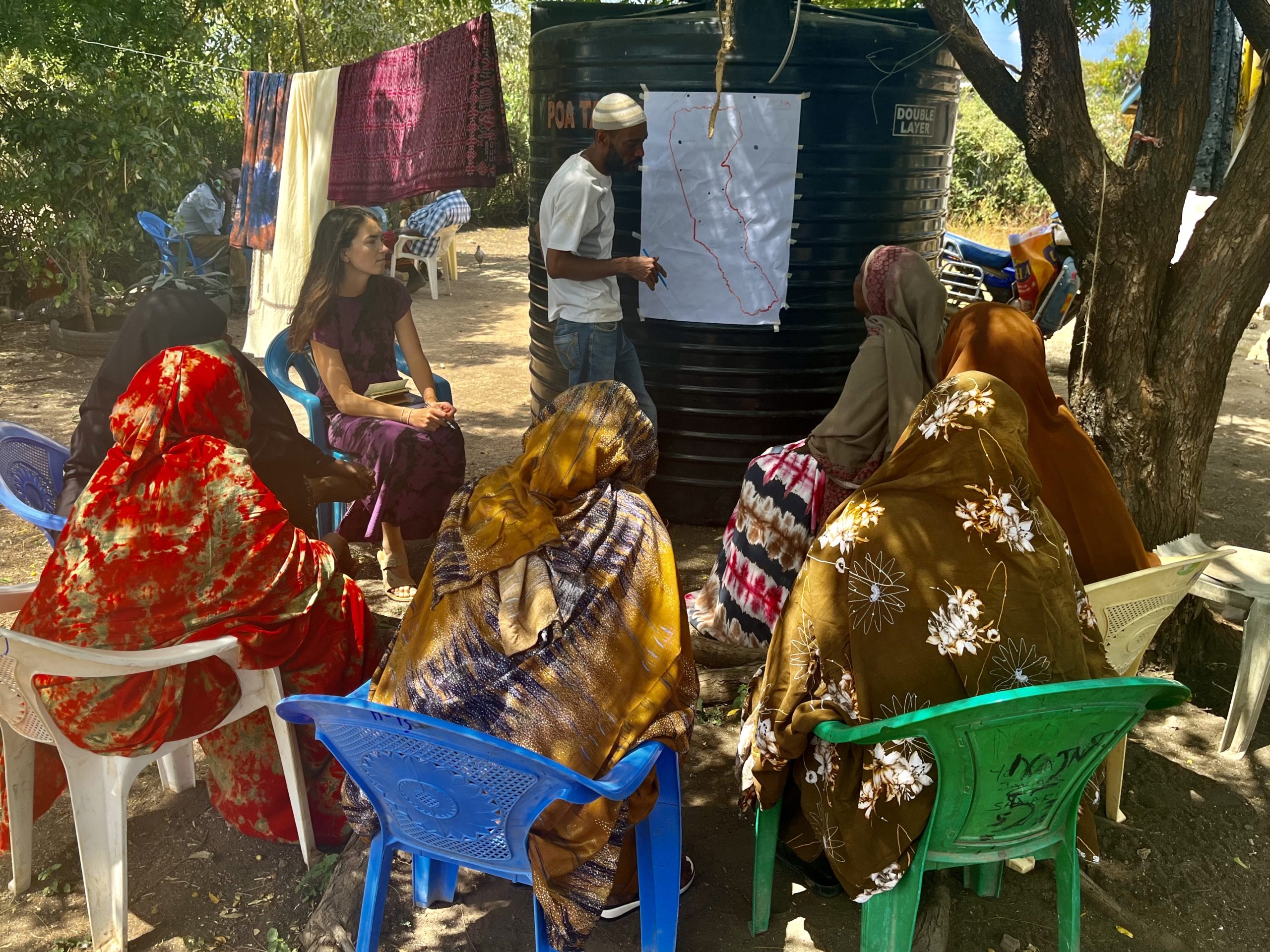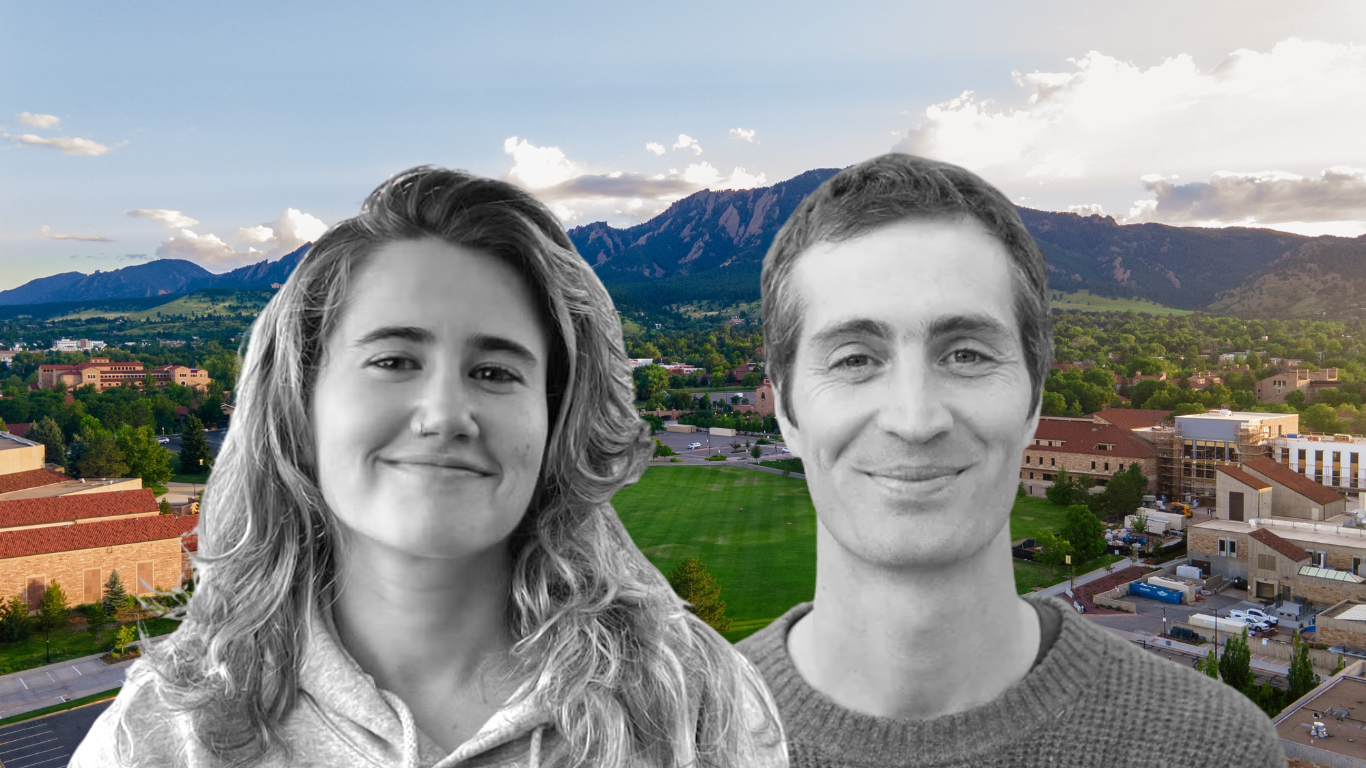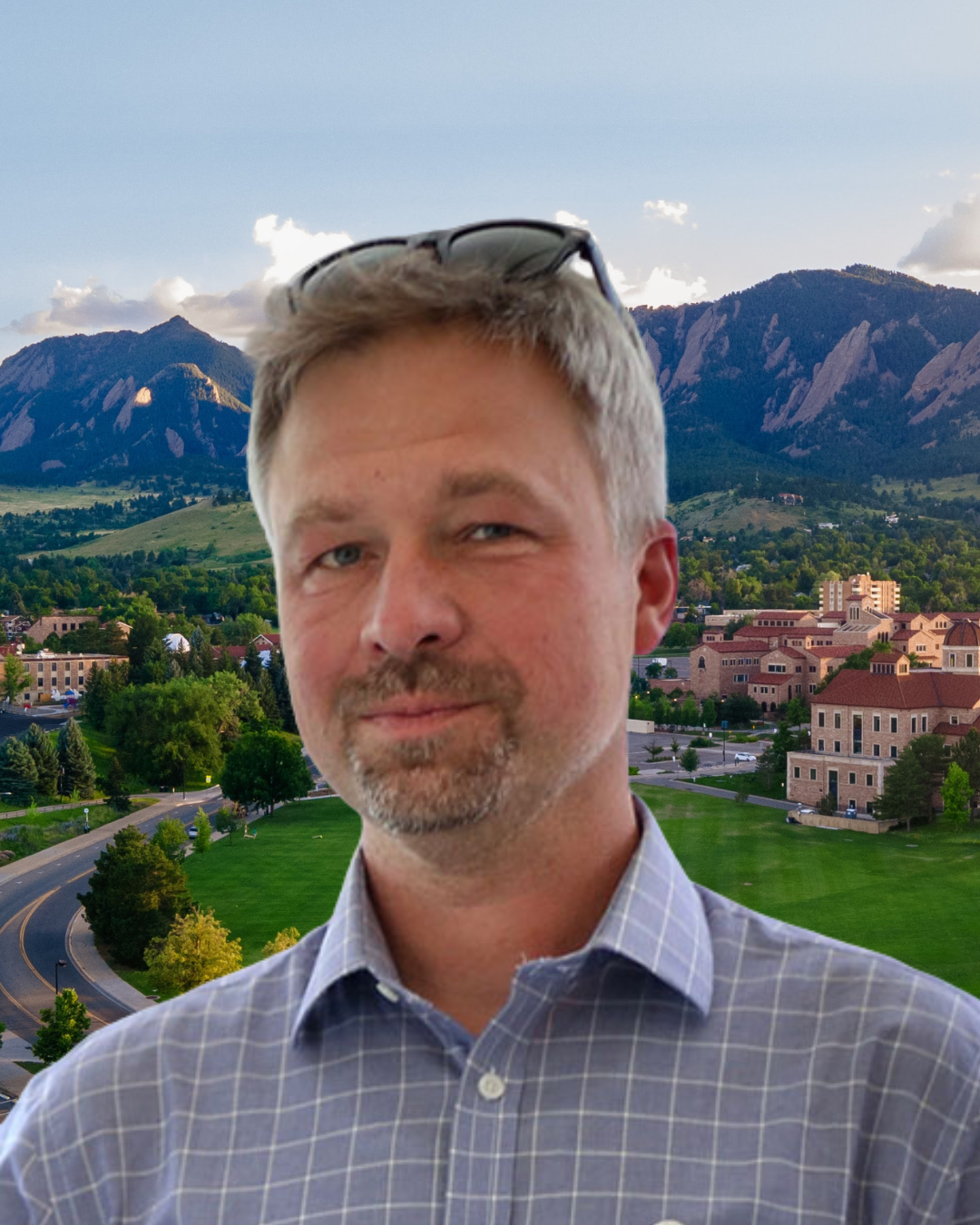Tariffs have been a central focus of the current U.S. administration, creating some confusion among Americans. To better understand the history of tariffs and their impact on the economy, CU Boulder interviewed Professor Emeritus of Economics, Keith Maskus. An IBS affiliate, Keith served as Chief Economist at the U.S. Department of State in 2016 and 2017. He clarifies what tariffs are, how they are being used by the current administration, and what we can do to prepare for economic changes.
News
All news items, blog posts, and feature stories.
Meet Kate Taylor, our new Community, Culture, and Outreach Director at IBS
Kate Taylor, professional research assistant with the LifeSkills project, is our new Community, Culture, and Outreach (CCO) Director at IBS.
Prior to her work with LifeSkills, Kate was a school counselor, where she focused on connecting underserved and highly impacted populations with essential services, educational opportunities, and mentors. Her passion lies in promoting, supporting, and facilitating connections among individuals and communities that empower them to thrive.
As she steps into this role, Kate is committed to embedding inclusive values into her work, with specific goals that include fostering collaboration and mentoring opportunities, improving local outreach, recruitment efforts, and promoting our research. Kate’s position will be at 15% time so she can continue her work with LifeSkills.
Get to know more about Kate in our recent interview below:
- Why did you decide to apply for the CCO Director role?
First, the nature, mission, and vision of the work and the incredible people I’d get to support—that primarily inspired me!
Beyond that, I felt drawn to the opportunity to reinstate the CCO initiatives pioneered by the original and incredible IBS CCO Strategic Planning Committee a few years ago. I’m super honored and motivated to ensure the initial work they started continues to drive meaningful, and significant impacts for IBS faculty, staff and students.
- What are you most excited about in your new position?
I’m genuinely excited to get to know and learn from each individual IBS faculty, staff, and student, especially those outside the PSP program! Understanding unique perspectives and needs, and supporting them from the CCO lens and mission, is what energizes my daily tasks.
- Outside of IBS, what can we find you doing on weekends? Do you have a favorite hobby?
Always outside! Trail running, biking, climbing, skiing—I’m a basic Boulderite in that regard. Sometimes I try to sneak off to the ocean too!
- Where is your favorite place in Colorado or Boulder?
Boulder: Scrambling in the Flatirons. Colorado: Trail running in the San Juans.
- Have you attended any IBS lectures recently?
Yes! A notable one was the lecture by Dr. Melissa Walls, “Strengths-Based Research with Indigenous Communities.” The LifeSkills team recently held a follow-up PD session to reflect on and discuss the concept of ‘survivance’ introduced in her talk.
Research protecting rural Americans’ well-being deserves funding – by Lori Hunter
Director of the Institute of Behavioral Science, Lori Hunter, recently published an op-ed with the Grand Junction Daily Sentinel. In the op-ed, Lori advocates for social science research funding to support the well-being of rural America. Lori highlights the intersecting issues of health care access, extreme weather, and an aging population in Delta and Mesa counties, two rural counties of Colorado. Lori’s op ed calls on rural Americans to support social science research, ensuring policymakers receive the data they need to provide effective solutions for rural problems.
IBS grad student Sarah Posner wins NSF HEGS-DDRI, CARTSS grants for her research in Kenya
Nearly 70% of Kenyans depend on rainfed agriculture to sustain their livelihood. But in areas with limited government reach and increased drought, how do pastoralists share their water and pasture?
Sarah Posner, a Ph.D. student in geography at CU Boulder and Institute of Behavioral Science (IBS) research assistant, studies pastoralist societies and food security. Her combined $20,585 from the NSF HEGS-DDRI and CARTSS grant awards will advance her research on local institutions and their influence on Northern Kenyan livelihoods.
“This project investigates the role of local institutions, both formal and informal, in managing natural resources and related conflict among pastoralists,” Posner explains. “Local institutions are key for pastoralist societies in arid rangelands operating in the periphery of weak states where inter-communal conflict is endemic and often disruptive to livelihoods.”
The grants will help Posner collect primary data using a mixed methods approach:
- Posner will employ local personnel to assist in data collection, including conducting surveys, interviews, and facilitating Focus Group Discussions (FGDs).
- Over the summer, Posner will hire a team of local enumerators to conduct a household survey.
- Posner will then contextualize the survey results with key informant interviews and focus group discussions.
Posner’s study will focus on Isiolo County, an ecologically and culturally diverse region within the Arid and Semi-Arid Lands of Northern Kenya. The county is home to four prominent pastoralist societies: the Samburu, Turkana, Borana, and Somali. These societies have varying institutional arrangements to manage water and pasture.
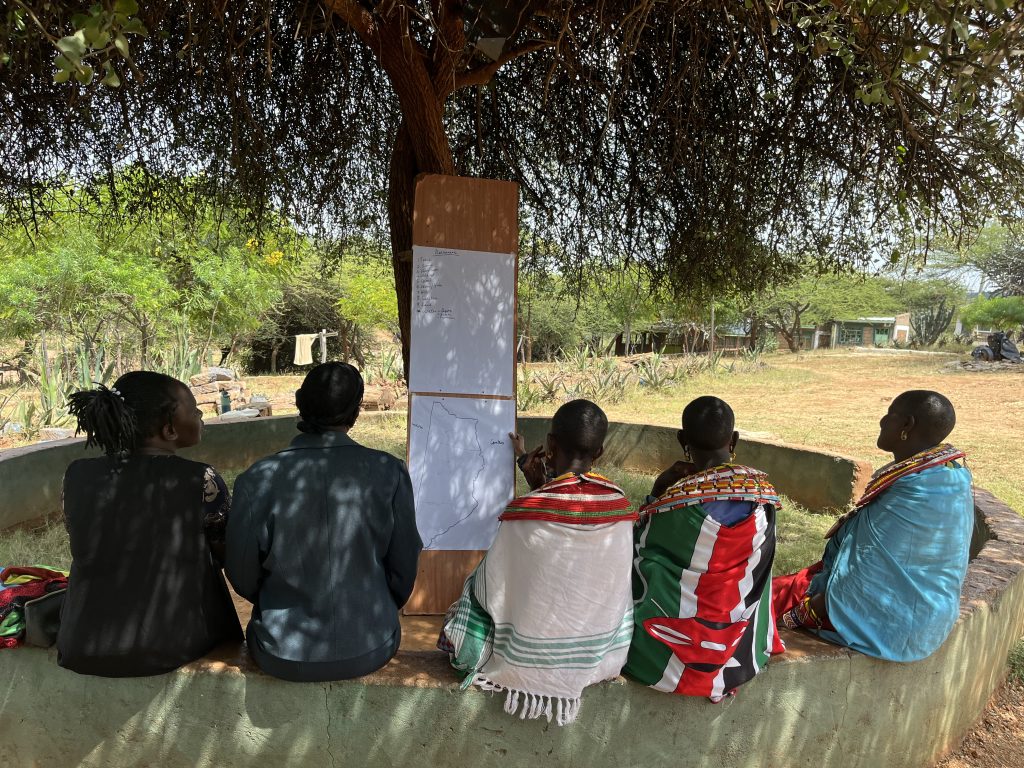
“The study… will predict the social outcomes of local institutions (cooperative or conflictual) across these four pastoralist communities. Results from the study can be generalized to other arid rangelands across East Africa and pastoralist contexts to improve natural resource management and violence prevention,” says Posner.
Posner’s emphasis on hiring local personnel and utilizing mixed methods is intentional. She travels to Kenya each year to maintain her local networks and believes local ecological knowledge would greatly benefit Western researchers. When asked to give advice to future grad students, Posner underscored getting to know the locals.
“Take the time to understand community needs in the areas you are working in, they can help formulate meaningful research questions you wouldn’t otherwise have thought of and allows for community buy in,” Posner advises. “If you aren’t invested in the areas you work in, why would they invest in you and your research?”
One of the main reasons Posner chose human geography is due to the wide variety of tools it employs to study human-environment interactions. The discipline greatly emphasizes field work, and Posner’s advisor, John O’Loughlin, has often encouraged her to get her “boots muddy”.
After achieving her PhD, Posner hopes to continue investigating rural agrarian livelihoods and how natural resources are managed to attain food security.
“My goal is to utilize the tools and skills I have attained through my Masters and PhD research here at CU Boulder to advance understandings of how humans interact with their environment in the era of the Anthropocene, especially for those most vulnerable to climate change impacts,” says Posner.
Thanks to her NSF and CARTSS grants, Posner will make an immense impact on how Kenyans and other pastoralist communities can effectively and equitably manage natural resources.
About the Awards:
- The NSF Human-Environment and Geographical Sciences Program – Doctoral Dissertation Research Improvement HEGS-DDRI) Awards supports scientific research on the nature, causes, and consequences of how people and environmental processes are spatially distributed.
- CU Boulder’s Center to Advance Research and Teaching in the Social Sciences (CARTSS) grant is available to both faculty and graduate students conducting research in the social sciences.
Sustainability, human rights talk at Institute of Behavioral Science on April 7
How can we use data to improve environmental human rights? This is the mission of the Better Planet Laboratory, a group of data scientists and creatives working to apply data and analytics to sustainable development and human rights. Zia Mehrabi and Naia Ormaza Zulueta will present together on the Better Planet Lab at the Institute of Behavioral Science Speaker Series April 7.
- Who: Zia Mehrabi, Assistant Professor of Environmental Science at CU Boulder and Better Planet Laboratory Founder; Naia Ormaza Zulueta, PhD Student in Environmental Studies at CU Boulder
- When: Monday, April 7 from 12 – 1 p.m. MT
- Where: Richard Jessor Building, Room 155 or via Zoom (email ibs-contact@colorado.edu for passcode)
- Field: Environmental Studies, Data Science, Human Rights, Human Geography
For their talk, Mehrabi and Zulueta will present the Better Planet Laboratory’s recent work. The lab mapped waterways across the world using satellite data. They used these waterway maps to improve rural accessibility to healthcare, schools, and markets. The talk will also demonstrate other Lab work mapping the agricultural workforce at high resolution alongside safe working conditions under a changing climate.
“If time allows, we will open out some key directions on where researchers at the Institute of Behavioral Science and elsewhere can work to fill knowledge gaps to support and improve decision making around environmental human rights in their own work,” says Zia Mehrabi.
The IBS Speaker Series is open to all CU Boulder faculty, staff, and students as well as the public. This talk is hosted by the CU Population Center and the Population Program at the Institute of Behavioral Science.
This talk is specifically of interest for people who:
- Are concerned about human rights in a changing climate.
- Are curious how data can be used to solve environmental and human rights issues and what insights arise from using data in this way.
- Are interested in data science, environmental studies, social justice, international affairs, and sustainability.
About the Speakers:
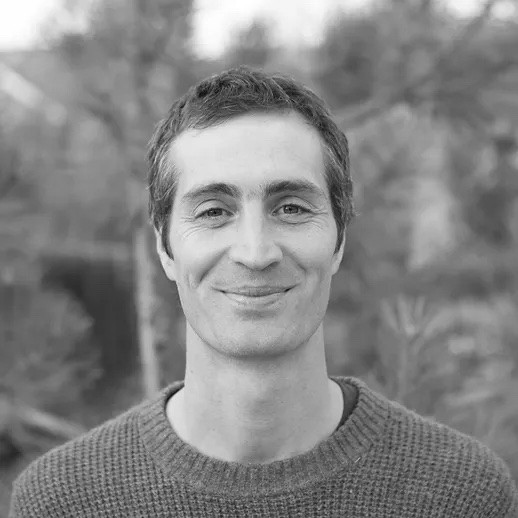
Zia Mehrabi is an assistant professor of environmental studies at CU Boulder. He is also founder of the Better Planet Laboratory, a group of data scientists and creatives who build data products and services to solve problems in development for a better and fairer planet. Zia’s research interests include food security, climate change, biodiversity, human health, welfare, infrastructure, and technology. He received his BA in Biological Sciences in 2011 and PhD in Philosophy in 2016, both from the University of Oxford.
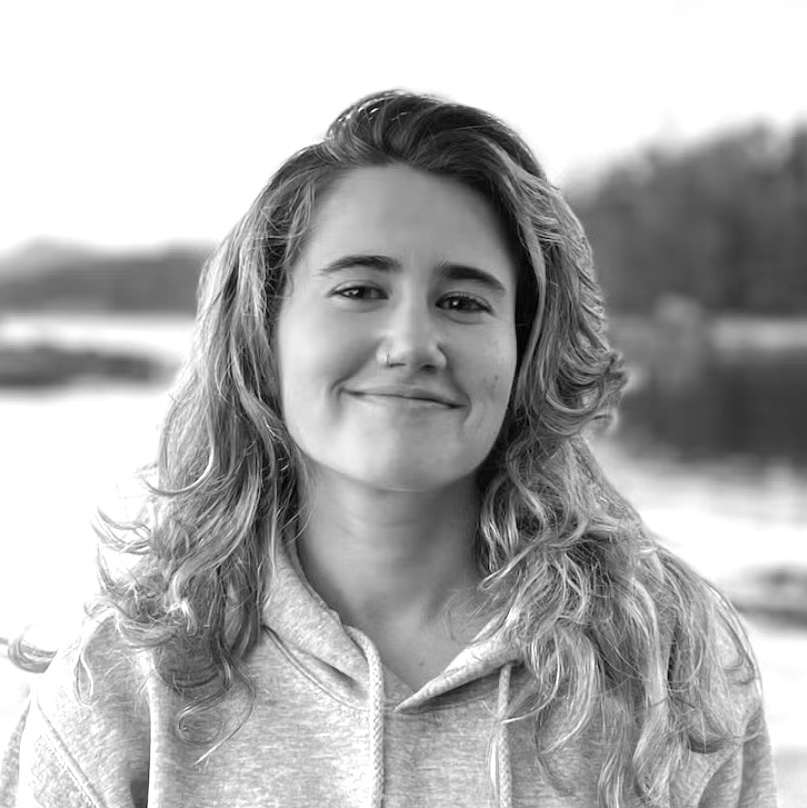
Naia Ormaza Zulueta is a PhD student in environmental studies at CU Boulder. She is a current postgraduate “la Caixa” fellow, has collaborated with the UN Office of the High Commissioner on Human Rights, and holds a double B.Sc. in Physics and Electronic Engineering and an M.Res. in Methods and Models of Quantitative Economics. Naia’s current research quantitatively analyzes the number of people whose right to a healthy environment has been violated both presently and in the future.
John O’Loughlin, team reflect on Ukrainian readiness for ceasefire concessions
How do ordinary Ukrainians feel about ceasefire concessions? College Professor of Distinction in Geography and IBS Fellow, John O’Loughlin, along with colleagues Gerard Tol at Virginia Tech and Kristin Bakke at UCL, conducted polling in Ukraine before and after the war began. Amidst talks between Presidents Trump, Zelenskyy, and Putin, the researchers have further investigated Ukrainian sentiment on ceasefire. They discuss five important takeaways from their polls with the Conversation, shedding light on the viability of future peace negotiations.
People of color breathe Denver’s smelliest air – with Priyanka deSouza
People of color and people with lower household incomes are more likely to live near facilities that emit foul odors. But reporting of these smells goes underreported in these communities. This is according to new CU-Boulder research published in the Journal of Exposure Science & Environmental Epidemiology. Priyanka deSouza, assistant professor of urban and regional planning from the University of Denver and IBS affiliate, discussed the findings with CU Boulder Today’s Yvaine Ye.
Kacper Gradon to discuss disinformation, anti-science threats on March 31
From deepfakes and malign propaganda to conspiracy theories and anti-science movements, disinformation is a growing threat to our society. Visiting Kosciuszko Foundation Fellow, Fulbright Professor and IBS Research Scholar, Kacper Gradon, researches disinformation and how to best counteract its repercussions. Gradon will discuss his research at our upcoming IBS Speaker Series on March 31.
- Who: Kacper Gradon, Ph.D., D.Sc. Associate Professor of Security and Crime Science at the University College London (UCL), Associate Professor of Cybersecurity at Warsaw University of Technology
- When: Monday, March 31 from 12 – 1 p.m. MT (discussion to follow)
- Where: Richard Jessor Building, Room 155 or via Zoom (email ibs-contact@colorado.edu for passcode)
- Field: Cybersecurity, Artificial Intelligence, Security and Crime Science
Kacper Gradon
IBS Visiting Research Scholar
Proliferation of disinformation poses a significant threat to democratic institutions, international partnerships and alliances, public health, and individual well-being. Disinformation exacerbates societal divisions and is leveraged by a wide range of actors to achieve their objectives, especially during times of high-profile events and crises.”
Gradon’s talk will showcase potential solutions aimed at the prevention, interdiction, and mitigation of disinformation. Recent political events in the United States have exacerbated the threat of disinformation and distrust in research. These events include the withdrawal of the U.S. from the World Health Organization, the rising role and power of Big Tech Executives in the Federal Government, the liquidation of fact-checking safeguards on social media, and the disruptive potential of Artificial Intelligence (deep fakes). Gradon will not only discuss ways to prevent and combat disinformation but also propose the creation of the interdisciplinary Working Group of Disinformation Prevention at the Institute of Behavioral Science.
The IBS Speaker Series is open to all CU Boulder faculty, staff, and students as well as the public. This talk is hosted by the Prevention Science Program at the Institute of Behavioral Science.
This talk is specifically of interest for people who:
- Are concerned about current political events and their impact on research and academia.
- Want to find solutions to restoring trust in research with the public.
- Are interested in cybersecurity, data science, artificial intelligence or crime science.
Gradon is the World Health Organization Global Infodemic Manager, Fulbright Senior Award Scholar, and the recipient of The Kosciuszko Foundation Fellowship. His area of expertise is disinformation, hybrid and information warfare, Generative Artificial Intelligence applications in security, human-centric dimensions of cybersecurity, and Future Crimes. He has been a frequent consultant of law enforcement agencies and intelligence institutions worldwide. He presented at over 200 conferences on all continents and is a triple TED(x) speaker. Gradon has held visiting professorships at CU Boulder, University College London, John Jay College of Criminal Justice (CUNY), University of Southern California, University of Greenwich, Memorial University of Newfoundland and at law-enforcement academies, such as the Portland Police Department Training Division and Indian National Police Academy in Hyderabad. At CU Boulder, Gradon is pursuing his research in the application of crime prevention programs to the detection and mitigation of disinformation campaigns.
Learn more about Gradon’s research:
Amir Behzadan recognized in RIO Faculty Fellows 2024-25 cohort
The RIO Faculty Fellows program at CU Boulder supports mid-career faculty in expanding their research impact and collaboration across campus. The 2024–25 cohort includes 17 faculty members from diverse disciplines. Amir Behzadan, civil, environmental and architectural engineering professor and IBS faculty and fellow, is a member of this year’s cohort and researches climate resilience and smart infrastructure. The program continues its mission to cultivate research leadership and foster cross-campus partnerships through mentorship, workshops, and strategic networking.

